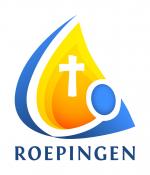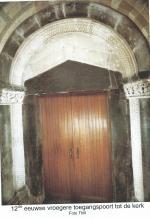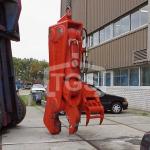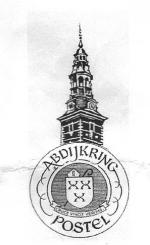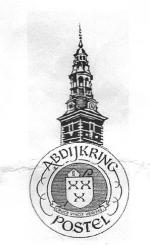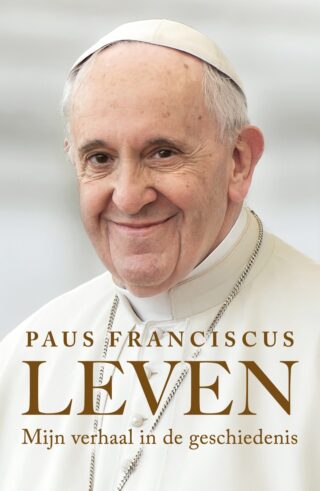By Christopher Wells
In his address to civil authorities on his first full day in Belgium, Pope Francis praised Belgium as a bridge “between the continent and the British Isles, between the Germanic-and French-speaking regions, between southern and northern Europe.”
Despite its small size, he said, Belgium is “a bridge enabling concord to spread, and disputes to abate”.
Europe needs Belgium, he continued, to remind it of its history of peoples and cultures, cathedrals and universities, but also of darker periods of war, colonialism and exploitation.
“Europe needs Belgium”, Pope Francis repeated, “in order to continue along the path of peace and fraternity among its peoples”.
The Holy Father reminded the civil leaders in attendance that “peace and harmony are never won once for all”, but rather imply “a duty and a mission that needs to be undertaken unceasingly, with great care and patience”.
The role of the Church
In his address to civil leaders, Pope Francis also highlighted the role of the Church in “helping everyone to face challenges and difficulties, not with frivolous enthusiasm or bleak pessimism, but with the certainty that humanity, loved by God, is not destined to collapse into nothingness, but is eternally called to goodness and peace”.
He also frankly acknowledged that the Church, as she carries out her mission, must recognize the “fragility and shortcomings of her members”, and the “painful counter-testimonies” that appear throughout history.
The Pope noted especially “the tragic issues of child abuse, which is a scourge in the Church”, while emphasising the Church’s firm commitment to address the issue “by listening to and accompanying those who have been wounded, and by implementing a prevention programme throughout the world”.
Pope Francis also recalled the practice of “forced adoptions” that were prevalent in the middle part of the twentieth century, while acknowledging that the practice was often undertaken with good intentions.
With regard to these and other evils that have occurred throughout history, the Pope prayed “that the Church will always find within herself the strength to bring clarity and never conform to the predominant culture, even when the culture uses, in a manipulative way, values derived from the Gospel, drawing from it inauthentic conclusions that cause suffering and exclusion”.
Learning from history
Pope Francis concluded his remarks with the prayer “that the leaders of the nations, by looking at Belgium and its history, will be able to learn from it”.
He prayed that political leaders would work for peace, and know how “to avoid the danger, disgrace, and absurdity of war”.
The Holy Father finished on a note of hope, recalling the motto of his visit, “En route, avec Esperance”. In the motto, “Hope”, Esperance, is capitalised, he said, precisely to show that hope is not of secondary importance, but is instead “a gift from God that is carried in our hearts”.
“I would like to leave you, then, with the following wish for you and for all those living in Belgium”, he said. “May you always ask this gift from the Holy Spirit, and welcome it in order to walk together with hope along the path of life and history”.



